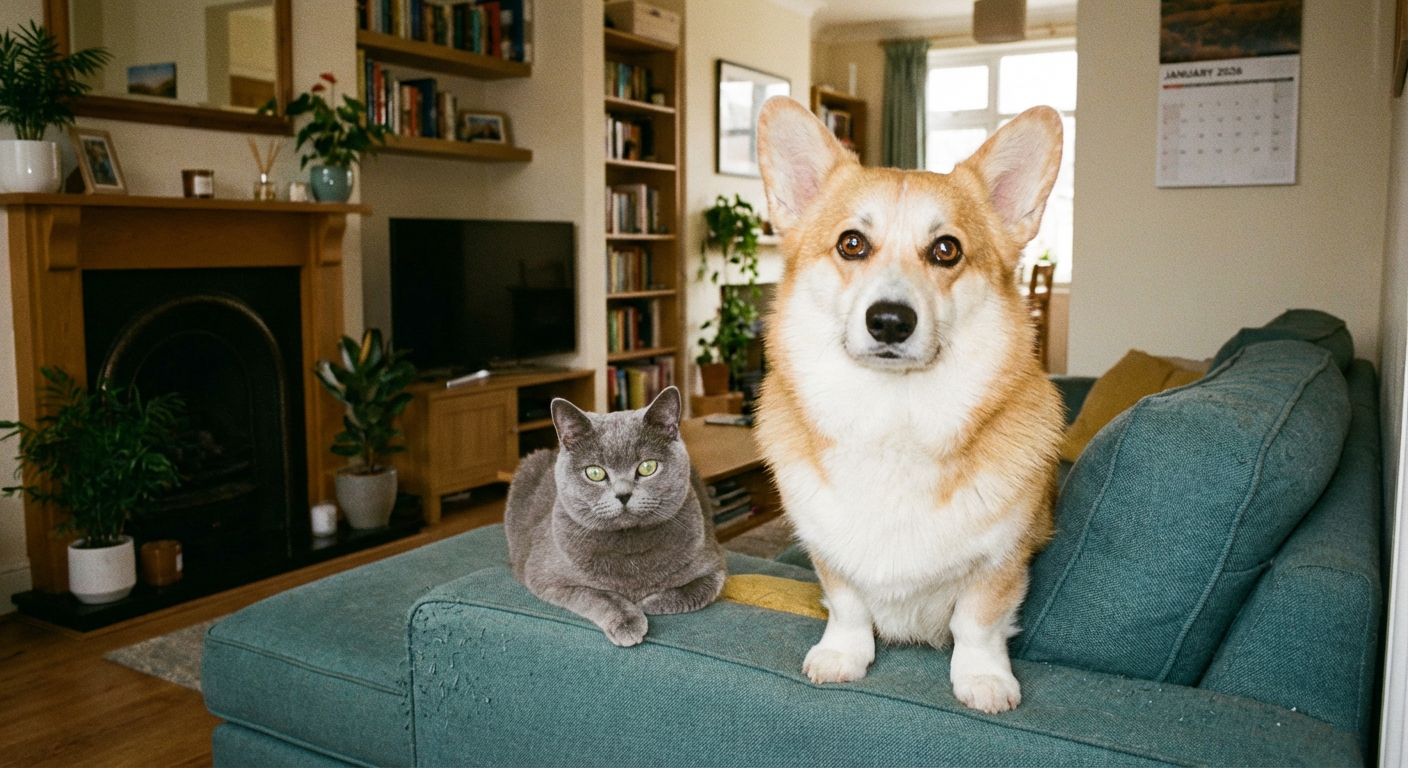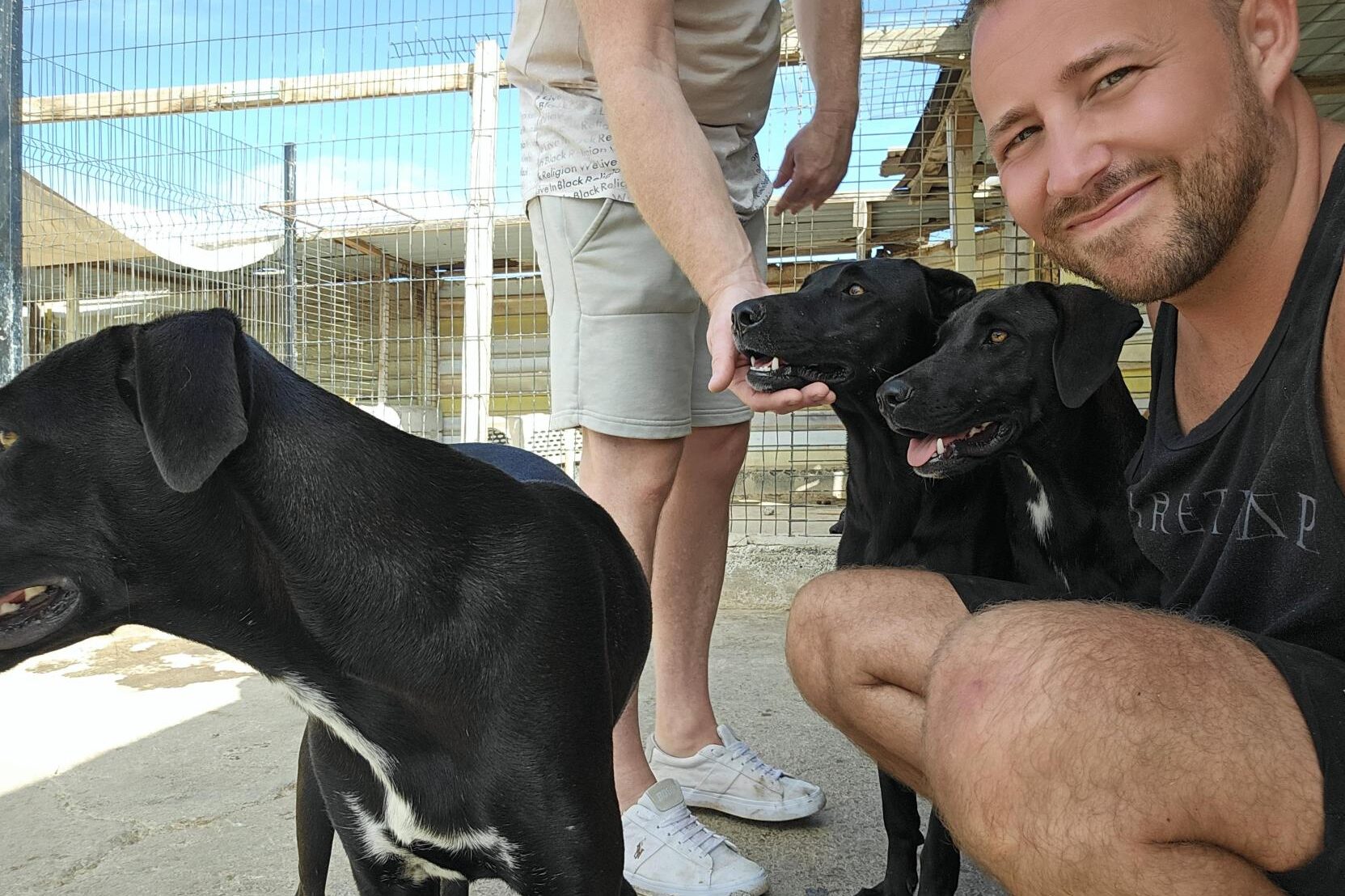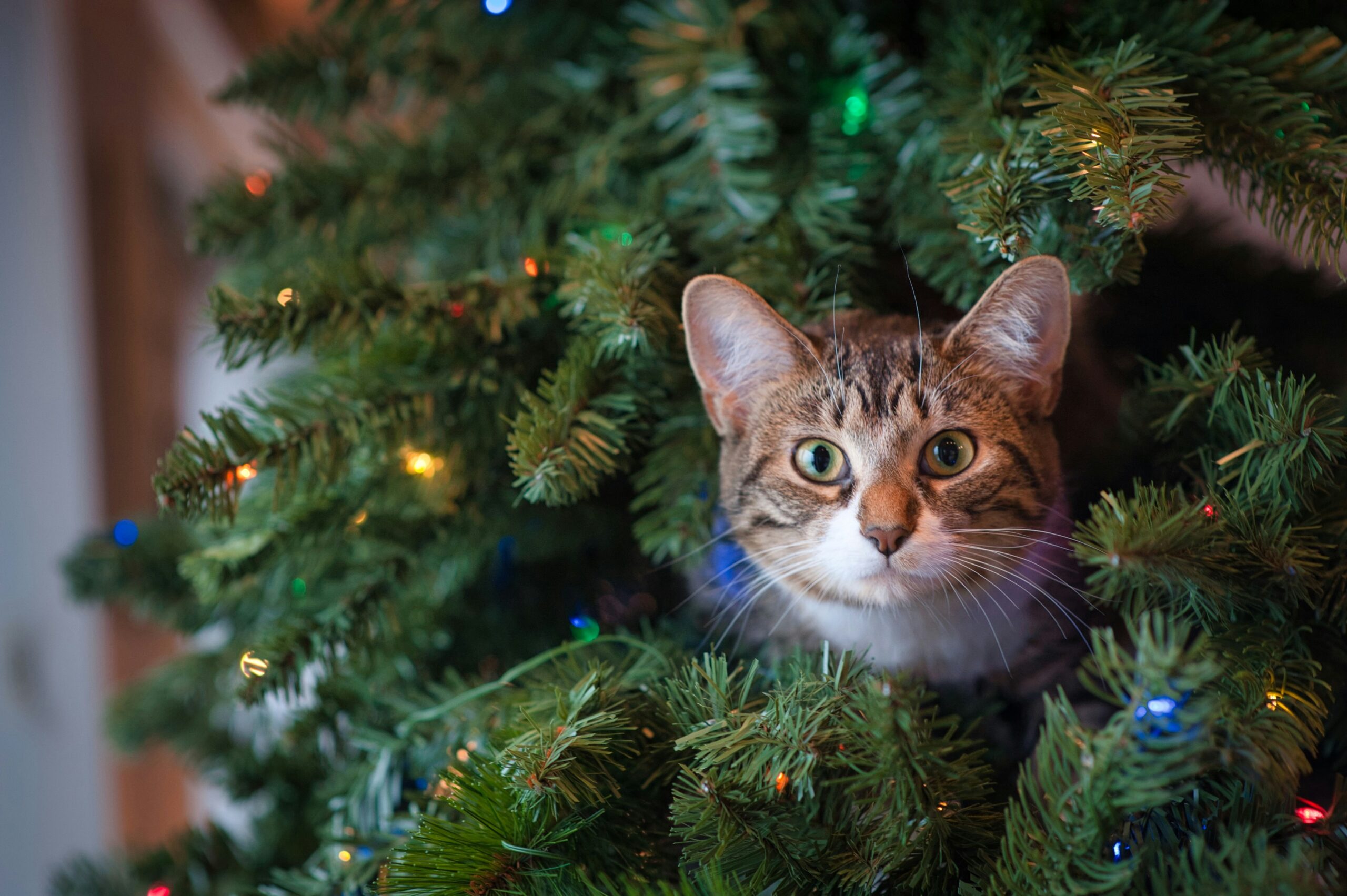As the skies fill with fireworks and bonfires blaze to mark 5th November, many of us are gearing up for a festive evening filled with glowing embers and sparkling lights. But for our furry friends, the night can be full of surprises — some of them frightening.
The good news? With a little preparation and awareness, you can help your dog, cat or small pet stay safe, calm and comfortable while you enjoy the celebrations.
Let’s dive in…
Why pets are especially vulnerable
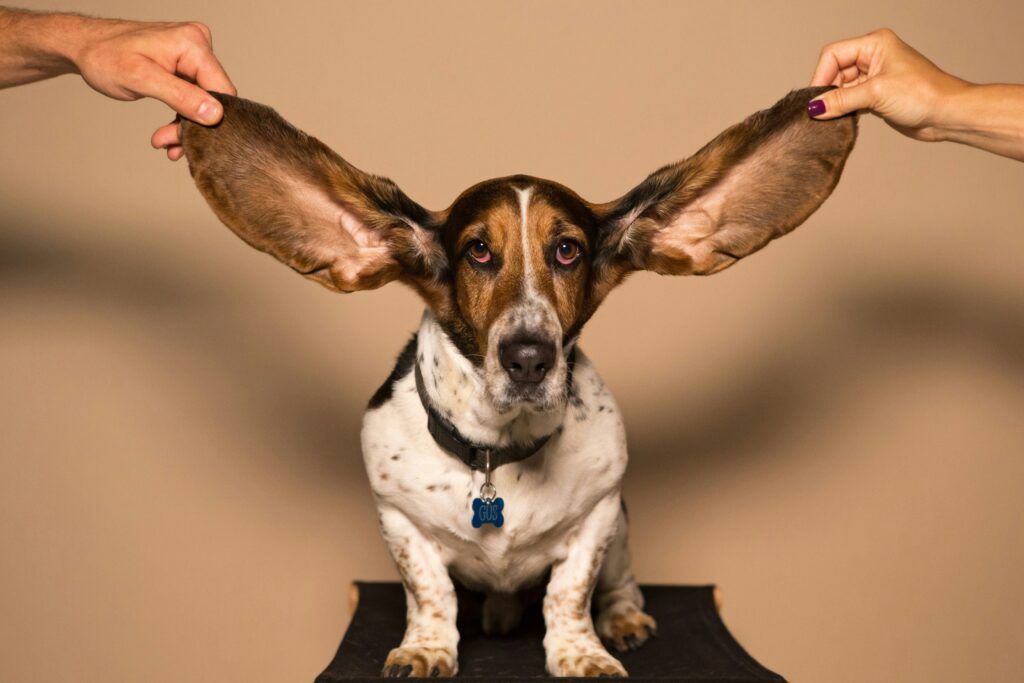
Fireworks and bonfires produce loud bangs, sudden flashes, and bursts of heat or debris — all of which can trigger a flight-or-fight response in animals. According to the RSPCA, pets’ ears and senses are far more sensitive than ours, and the noise levels of fireworks (120-175 dB) can cause pain, panic or even injury in animals.
The Kennel Club estimates that approximately 40% of UK dogs show fear during firework events.
Knowing this, we can plan ahead to protect our pets.
1. Walk and feed early
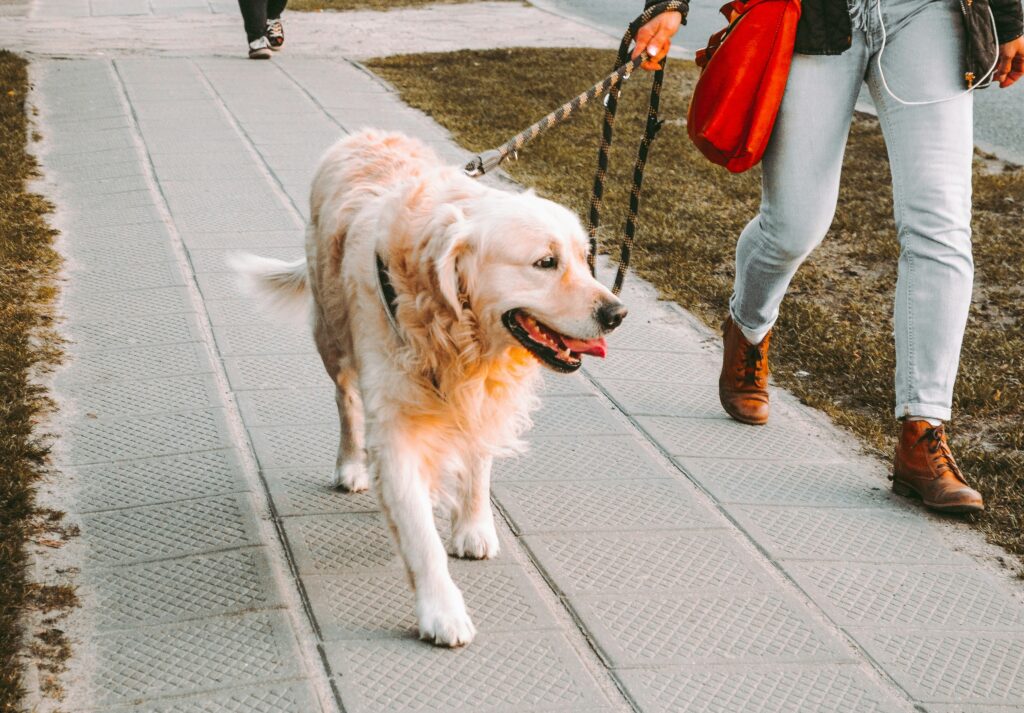
Before the sky lights up, take your dog for a good walk and try to bring home for dinner well before dark. The Blue Cross strongly recommends this, noting that walking pets earlier in the day helps avoid exposure during peak firework times.
For cats, bring them in early and feed them at their usual time, if possible.
2. Provide a safe, “den-style” space at home
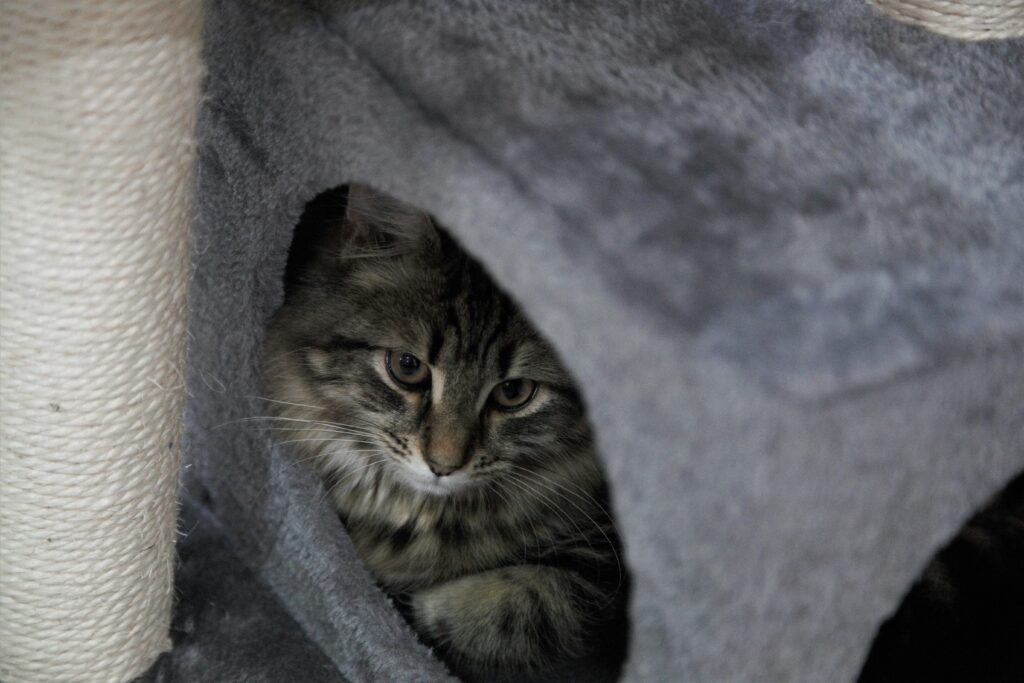
Create a comfortable refuge inside your home: a favourite bed or crate, a blanket, a toy or two, and a spot away from windows or flashing light. The Medivet Group advise drawing curtains, and you can also turn on familiar sounds or cover open crates with a blanket to help pets feel secure.
3. Mask the noise and flashes
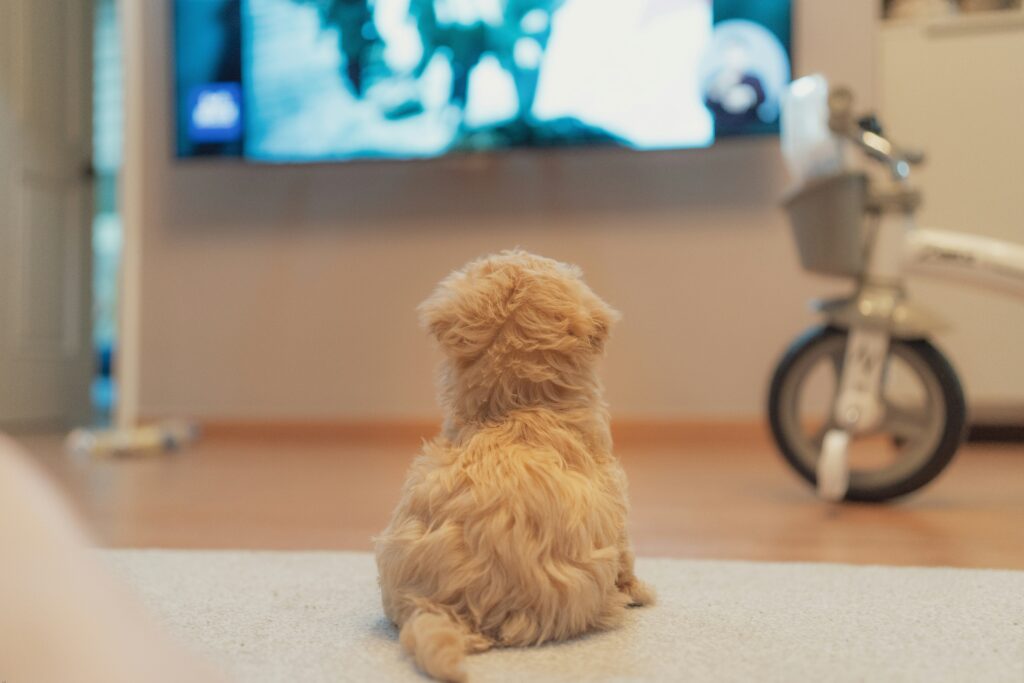
Bright bursts of light and deafening bangs are scary for pets. Pull the curtains, close cat-flaps, lock them in and turn the TV/radio to a comfortable volume. Measures like these reduce stress and prevent pets seeing or hearing the fireworks directly.
4. Secure your garden and keep pets indoors
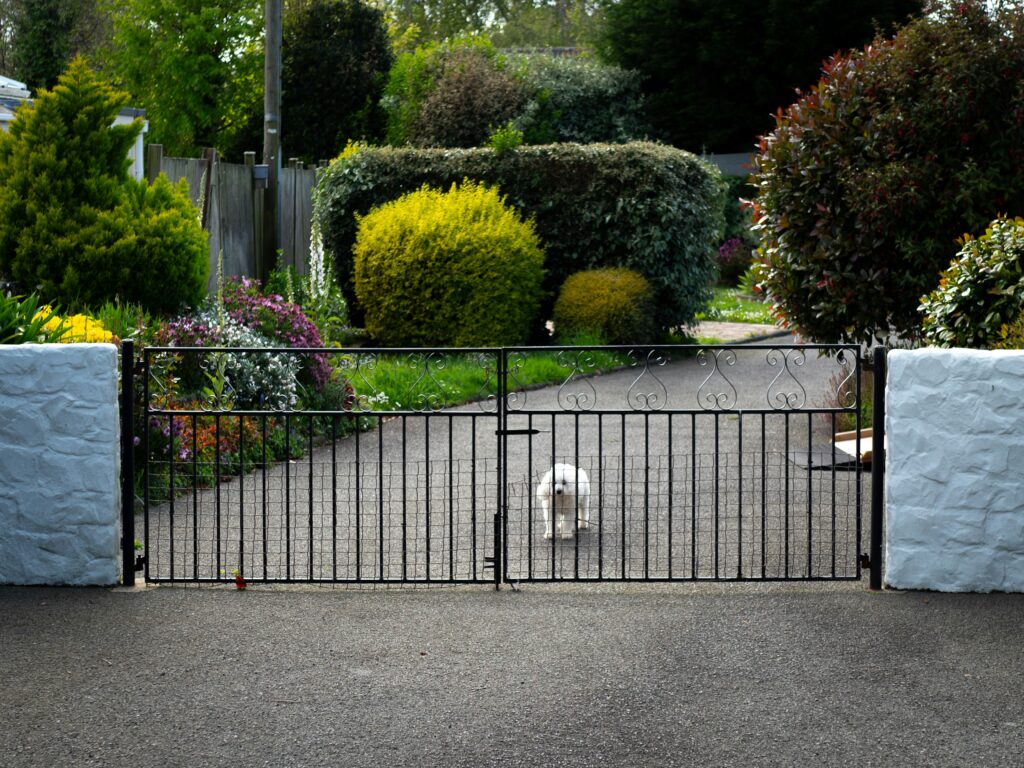
Even usually confident pets can bolt if startled. MedVet’s guidance specifies that outdoor pets are at greater risk — so bring pets inside or supervise them strictly.
The Kennel Club likewise recommends keeping dogs on leads and ensuring microchip and ID info is up-to-date in case they run off.
5. Update ID & microchip details
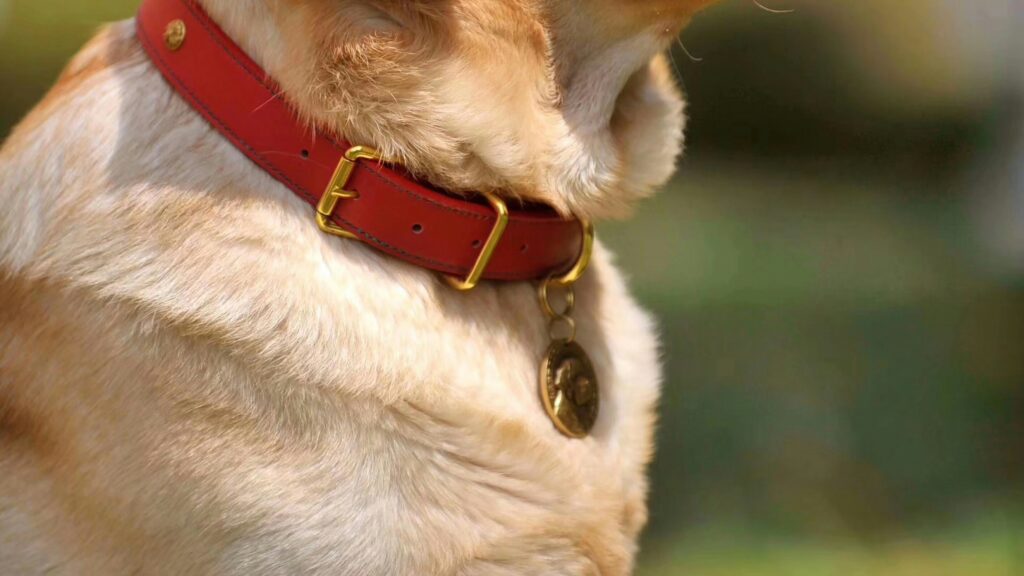
According to PetMD’s advice, firework-driven panic leads many pets to stray and go missing. In case of escape, correct identification can mean the difference between getting your pet back or losing them.
6. Desensitise ahead of time
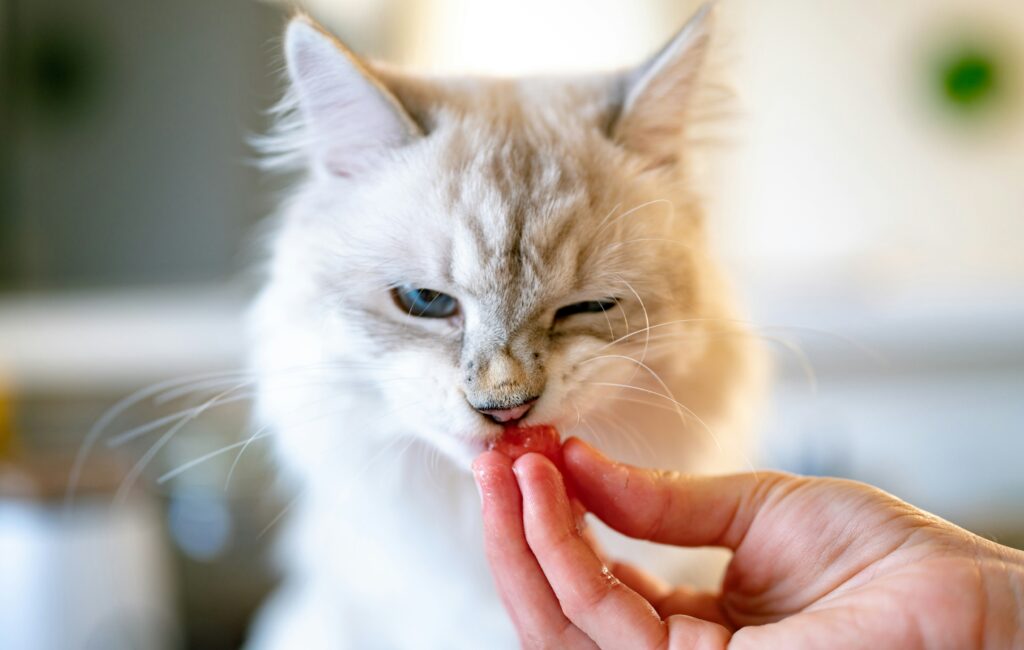
If your pet is usually nervous around loud noises, try some gradual desensitisation: play firework sound recordings at low volume with treats, give safe exposure and praise calm behaviour. Woodgreen lists these steps among their recommended desensitising techniques.
7. Avoid taking them to displays
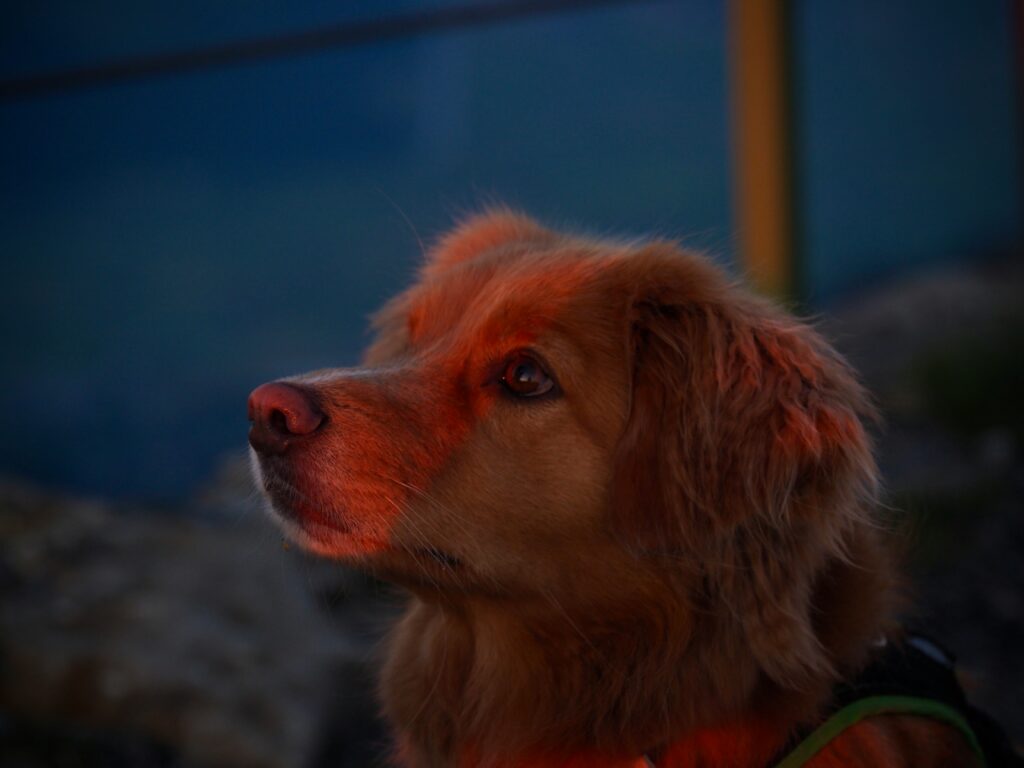
Pooch & Mutt advise against taking dogs to public firework events, as the sensory overload can lead to panic or injury. So as tempting as it might be to bring your pet along, it’s always safer to keep them at home.
8. Check for hazards the next day
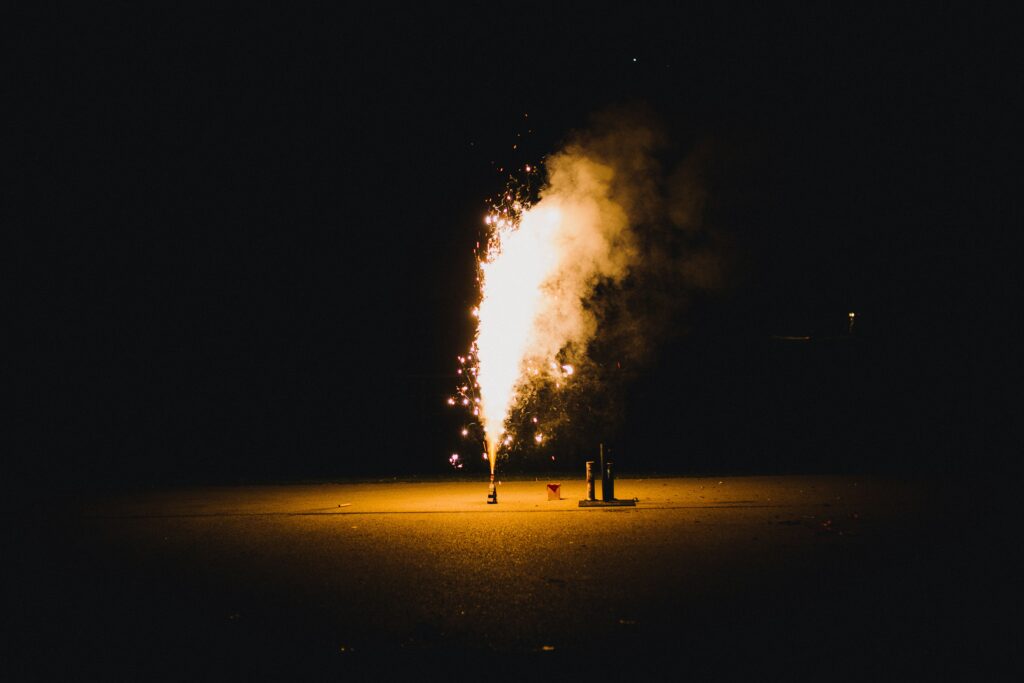
Bonfires leave behind embers, debris and spent fireworks chemicals. Pets may lick or swallow fragments of fireworks or remnants, which can cause serious harm.
Remove anything unsafe from gardens promptly.
9. Stay calm, don’t punish or force behaviour
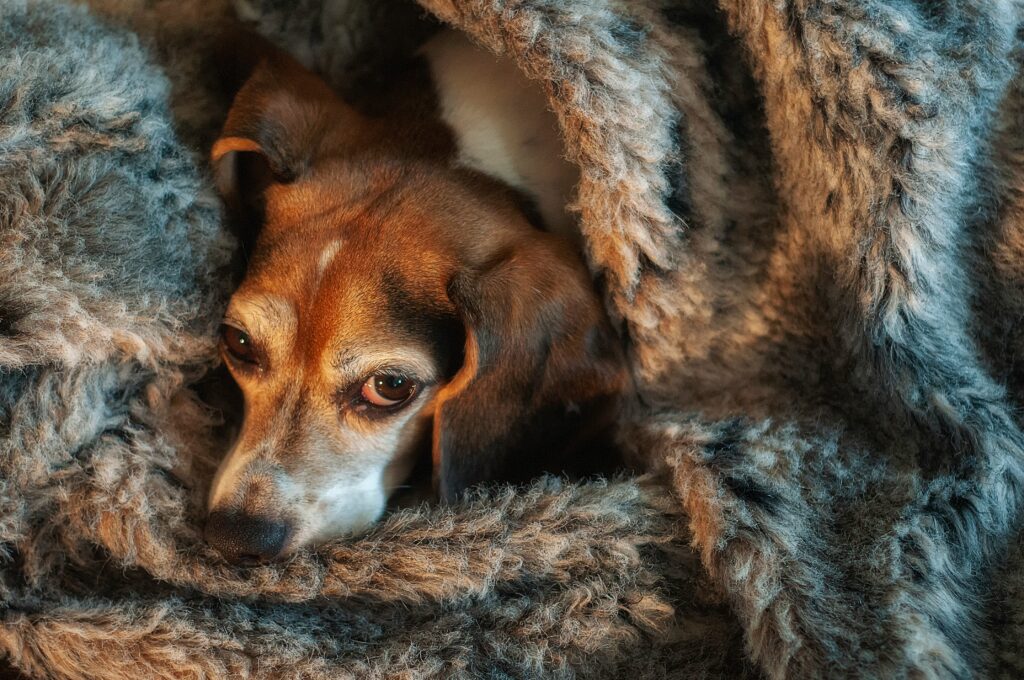
Animals will typically retreat instinctively to cope. If your pet hides or shakes, resist the urge to force them out. Many experts say you should respond calmly, offer reassurance but allow the pet to manage the situation in their own way.
10. Consider extra support for high-anxiety pets
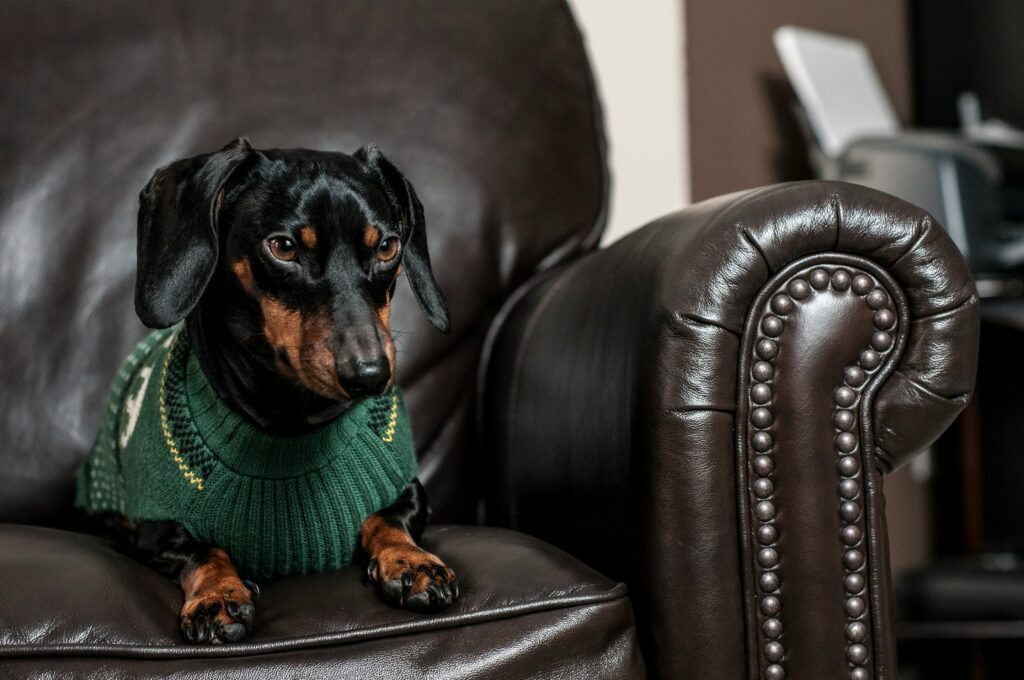
If your pet has extreme firework fear or past trauma, ask your vet about calming aids, compression vests or safe medication. The Goddard Vet Group’s list emphasises the use of pheromone diffusers and having a pre-event consultation with a professional.
Remember, remember…
Bonfire Night is a spectacular tradition — but our pets experience it very differently from us. By walking early, creating a calm space, securing your home, and acting prepared, you significantly reduce your pet’s risk and stress.
Want more advice tailored for the firework season? Head over to our article on pet safety during fireworks to discover deeper tips for keeping your pet calm, safe and ready to enjoy the season (from your couch!) rather than scrambling on the lawn.
Stay safe, stay cosy, and may you both enjoy a peaceful 5th November. 🐾
